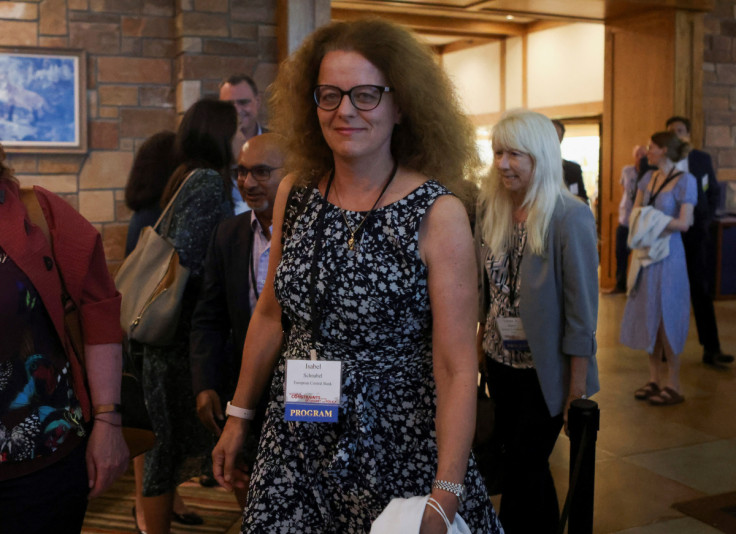Inflation Fighting Central Bankers Air Climate Role Doubts

Some of the world's top central bankers aired concerns about being expected to tackle climate change as well as tame inflation on Tuesday, with Federal Reserve chief Jerome Powell saying the U.S. central bank needed to stay out of politics.
"We should 'stick to our knitting' and not wander off to pursue perceived social benefits that are not tightly linked to our statutory goals and authorities," Powell told a conference of central bankers organised by Sweden's Riksbank in Stockholm.
"We are not, and will not be, a 'climate policymaker'," said Powell, with the Fed's balancing act yet more delicate since the Republicans took control of the House of Representatives.
Momentum behind policy action on climate change has waned since global talks in 2021 as policymakers shifted their focus to the impacts of war in Ukraine, a cost of living crisis and energy crunches that have triggered new fossil fuel investments.
Raising borrowing costs to cool inflation was also reducing the scope for financing the green transition through the kind of lending schemes and asset purchases that central banks deployed in the past decade, when prices were too sluggish.
Powell's comments were echoed by Mervyn King, a former governor of the Bank of England.
"There are plenty of other people who can take measures to combat climate change and I worry that people, in their great enthusiasm for doing good, are actually putting at risk central bank independence," King said.
They were in a minority in a conference packed with central bankers who had long accepted they had some duty towards the environment and, in many cases, were already taking some steps.
These included stress tests on whether banks are prepared to handle climate-related risks, dedicated lending schemes and bond purchases tilted towards less polluting sectors.
'SCAPEGOAT'
While reluctance from the world's most powerful central bank may embolden opposition to climate initiatives, European Central Bank board member Isabel Schnabel said the ECB should step up its efforts to make its monetary policy more climate-friendly, possibly by harnessing its multi-trillion-euro stock of bonds.
"It would be misleading to use tighter financing conditions as a scapegoat for further delays in the green transition," Schnabel said.
This drew immediate pushback from fellow ECB policymaker Pierre Wunsch, who said it was the job of governments to fight climate change and that the central bank for the euro zone should not be correcting a failure to act by others.
"By saying we have a role to play in helping to finance the green transition... we are increasing this misunderstanding of what our role is," said Wunsch, Belgium's central bank governor.
Nearly 200 countries agreed at the COP26 summit in 2021 to improve their emissions-cutting pledges in time for COP27, but only two dozen countries had done so by last November.
Even the Bank of Japan, which last year rolled out a funding scheme targeting activities aimed at combating climate change, struck a cautious tone, with governor Haruhiko Kuroda stressing central bankers should be careful not to overstep the mark.
Singapore's Ravi Menon, meanwhile, said central bankers should do much more to help the economy reduce its emissions than just focussing on the risks.
"We need to get a lot more imaginative and creative if we want to make sure that what we do is consistent with the global objective of getting to net zero," Menon, the managing director of the Monetary Authority of Singapore, said.
© Copyright Thomson Reuters 2024. All rights reserved.











